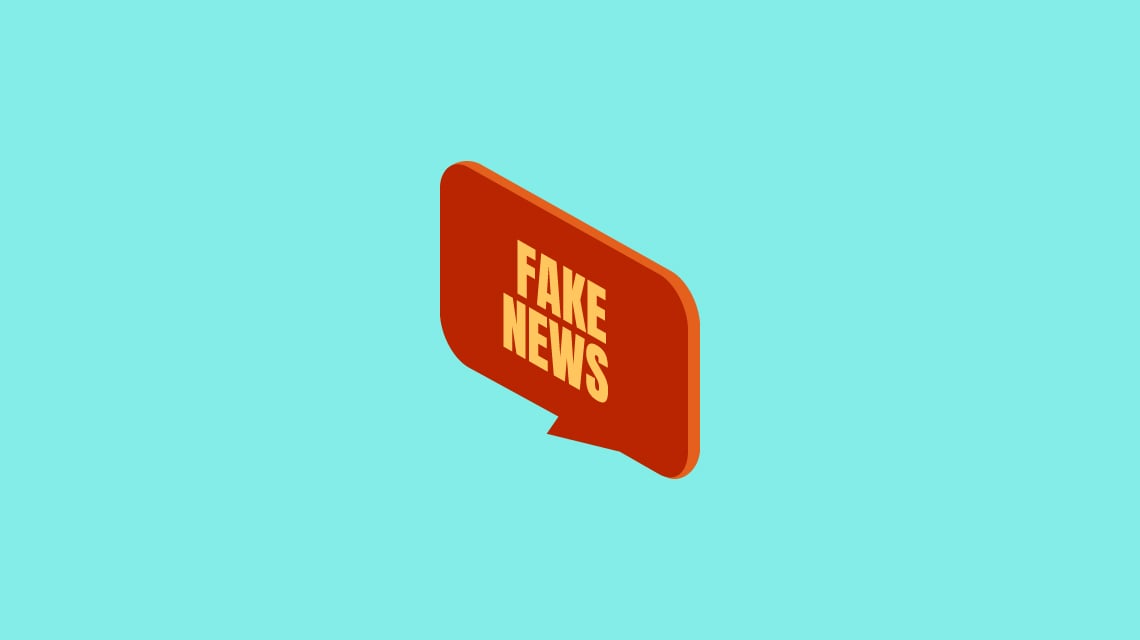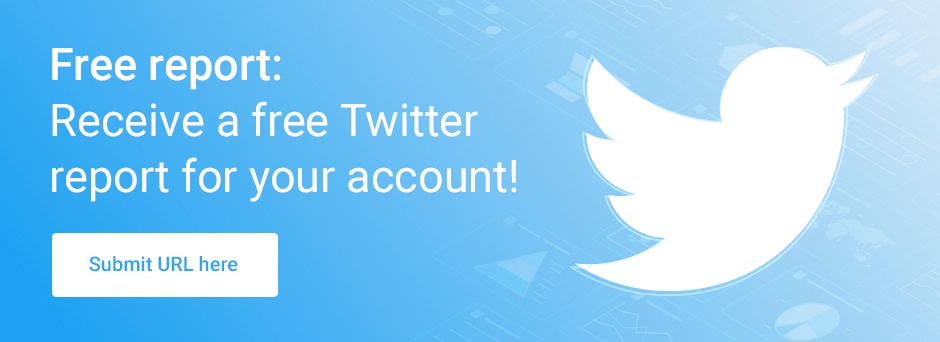
Social media marketing has become integral to digital marketing and is used to promote brands through powerful and engaging content. Social media channels are a powerful marketing tool that quickly reaches a targeted audience and converts them into customers.
However, social media also comes with some risks. Defamation is one of them.
Defamation refers to publishing false and defamatory information against a person, brand, business, or entity. Defamation can be in the form of written content, pictures, and videos. It can severely damage your brand image and reputation. It can also affect your sales and profits.
Competitors can also use it to spread negative propaganda about your brand. This fake news or rumors can directly affect your brand image and sales.
You can protect your brand from defamation with strategic social media marketing. Here's how to do it.
Monitor social media mentions about your brand
The first step to protecting your brand from defamation is to be aware of mentions about your brand on social media.
Mentions are activities done by users on social media which mention your brand. For example, if a user tags your brand in a post, that is an instance of mentioning your brand.
Monitoring your brand's social media helps you identify potential negative propaganda and react quickly.
Many tools can help you monitor social media mentions about your brand. Some tools only monitor mentions about your brand on social media platforms, while others also offer sentiment analysis and give you insights about the mentions.
Using social listening tools to monitor social media mentions will help you to:
- find out which social media platforms are talking about your brand.
- receive real-time alerts whenever someone mentions your brand or keywords related to your brand.
- see how often your brand has been mentioned on social media platforms within a specific period.
Respond to social media mentions and comments
Once you have identified the mentions about your brand on social media platforms, the next step is to respond to them.
It is necessary to respond to social media mentions because it helps you connect with your customers, build a positive brand image, and allows you to control the narrative regarding your brand.
However, responding to social media mentions and comments is very important.
If the mention is negative, then the first step is to apologize. After apologizing, provide the user with a solution. For example, if the user says the product was defective, then offer to refund their purchase.
After responding to a negative social media mention, you should avoid getting into an argument with the user. You can take the conversation to a private forum such as email or direct message.
If the mention is positive, you should still respond. The first step in responding to social media mentions and comments, whether positive or negative, is to acknowledge them. Thank the user for sharing their positive experience to make them feel heard.
Respond quickly to social media mentions and comments
To successfully protect your brand from defamation, you must respond quickly to social media mentions and comments. The faster you respond to a mention, the better it is.
According to Sprout Social, 40% of customers want businesses to reply within an hour of reaching out on social media, while 79% anticipate a response within 24 hours.
Responding quickly also helps your brand to come across as responsive, transparent, and authentic. If you need help setting up templates for quick responses, find our guide here.
Have a crisis management plan in place
Having a crisis management plan helps you protect your brand image from negative rumors and fake news.
A crisis can happen at any time and can change the perception of your customers about your brand.
Your crisis management plan should include information about who is responsible for responding to social media mentions and comments about your brand. Also, your plan should include guidelines, processes, and procedures for responding to social media mentions and comments.
Monitor social media conversations about your competitors
Monitoring social media conversations about your competitors helps keep track of what is said about your brand. It also helps to find conversations about your competitors that you can use to your advantage.
Monitoring social media conversations about your competitors helps your brand in the following way:
- identify conversations that you can create content on
- identify conversations that you can use to connect with your audience
- identify conversations that you can respond to
To monitor social media conversations about your competitors, you can use social media monitoring and social media listening tools Also, you can use social media hashtags to monitor conversations about your competitors. For eg., you can use hashtags such as #BrandName or #BrandNameSucks to monitor conversations about your brand.
Find and remove duplicate profiles.
Your company's social media accounts may have been copied for several reasons, from people who did it on purpose to employees who didn't know what it meant. Not only do duplicate pages hurt your reputation, but they also make it hard for search engines to figure out which version is best for the query.
Always look for your company's name on your social media sites. If you find a second account, open it and note who you're connected to. If you don't know who made the account, look for answers in each social media site's online help center.
Ensure that your company's social media policy says that employees can't build their sites using your company's name. This will help to keep internal conflicts to a minimum.
Keep a record of your social media updates.
If your business has long-standing social media profiles, you may find yourself in deep water if they are abruptly removed, erased, or hacked.
Archiving social media content prepares your brand for the worst-case scenario. Unlike a bank vault, which maintains actual goods, social media material is archived in a digital environment.
A solid social media archiving system will save your social media information in an easy-to-retrieve, organize, and share manner.
Keeping track of your social media material might also help you plan for the future. If you've just rebranded or recruited a new social media staff, archiving your old posts is an excellent way to rapidly get them up to speed.
Make your accounts impossible to hack.
You can keep an eye on the people who work with you to protect your brand's reputation. But you can't know what threats will come from outside your organization.
Even if your company's social media profiles are hacked, you are still responsible for any damage to your reputation in the business world.
Your first line of defense against hackers is to use strong passwords. The general rule for a password's complexity is that the more critical and sensitive the account and information, the more complex the password should be.
On top of that, you should keep your account usernames and passwords secret. Give access to your accounts to only your social media manager and staff. Don't let everyone in your company see your pages. If you do, you'll risk your company's privacy.
Use the same simple security steps to protect your social networks as you do for your email. Don't click on links or download files that look sketchy; make sure the sender is who they say they are.
Make sure your employees know the security rules of your company. Teach them to spot phishing scams and think twice before clicking on links that don't seem right.
Take legal action
If social media defamation of your brand happens repeatedly, you can take legal action to prevent the defamation.
Legal action against social media defamation of your brand is usually taken through defamation cases. Defamation cases usually involve defamation of character, defamation of title, and defamation of goodwill.
Defamation cases usually involve a court of law and legal action. You can file a lawsuit in a civil court against the person who spread negative propaganda about your brand.
However, filing a lawsuit against a social media user can be a long and expensive. And there is no guarantee that the court will rule in your favor, so this should be your last resort.
Conclusion
Social media marketing is a powerful way to build your brand, connect with your customers, and engage with them. But competitors also use it to spread negative propaganda about your brand. Defamation of your brand on social media can seriously impact your brand image and sales.
You can protect your brand from defamation with strategic social media marketing.
Make sure to monitor the social media mentions about your brand, and respond quickly. Also, have a crisis management plan in place. Find and remove duplicate profiles, and have a system for archiving social media content. Lastly, use strong passwords and make sure your accounts are hard to hack.



Join the conversation. Leave us a comment below!